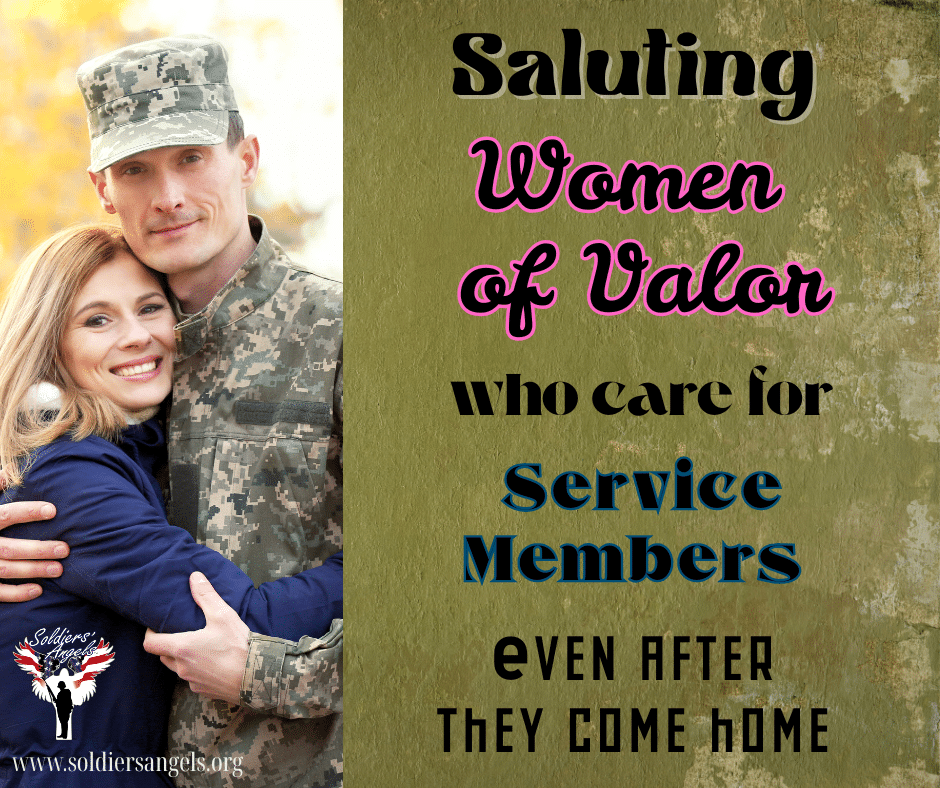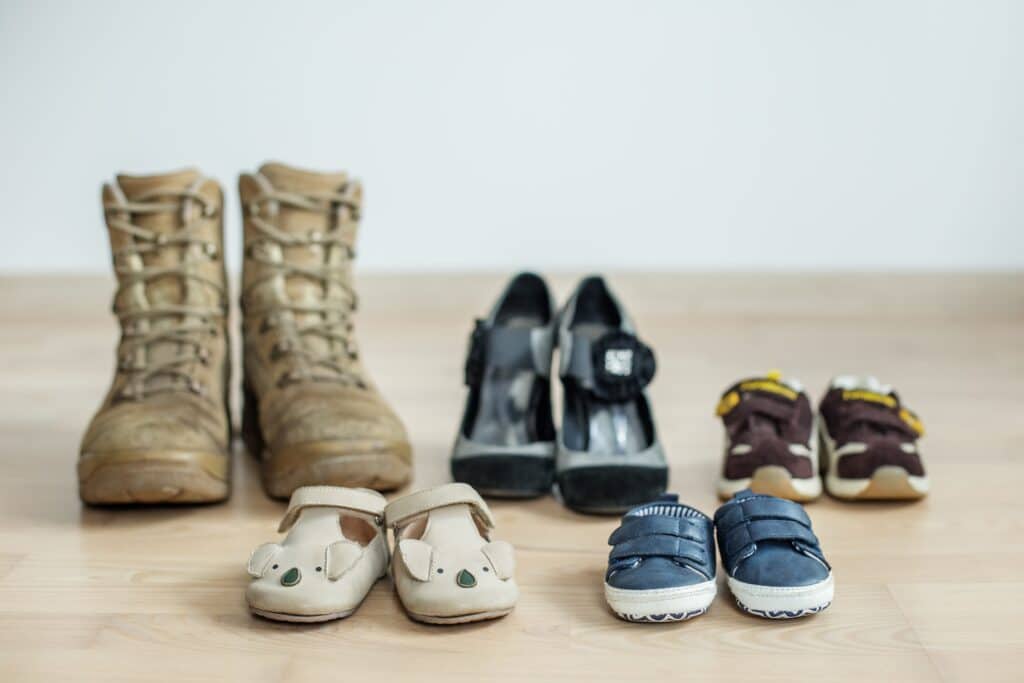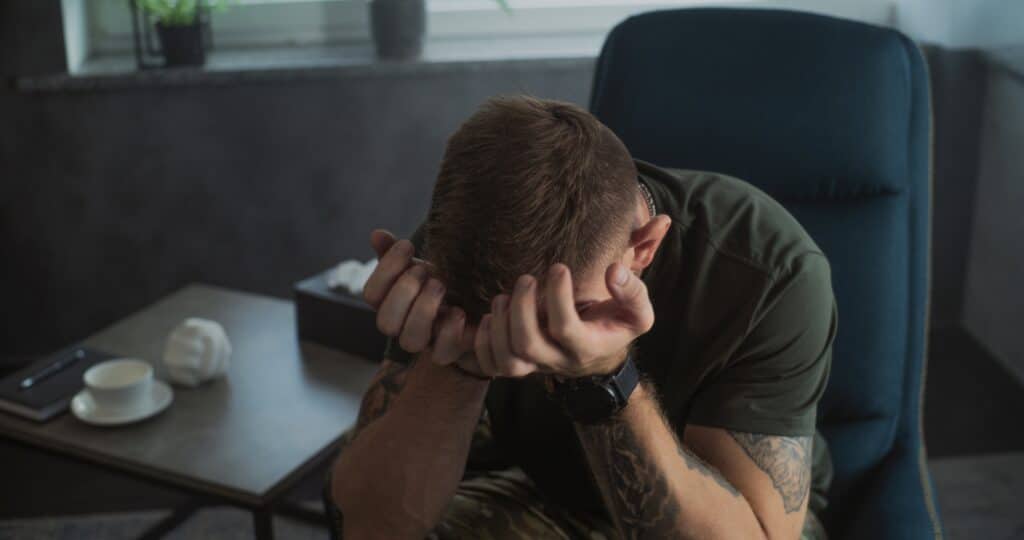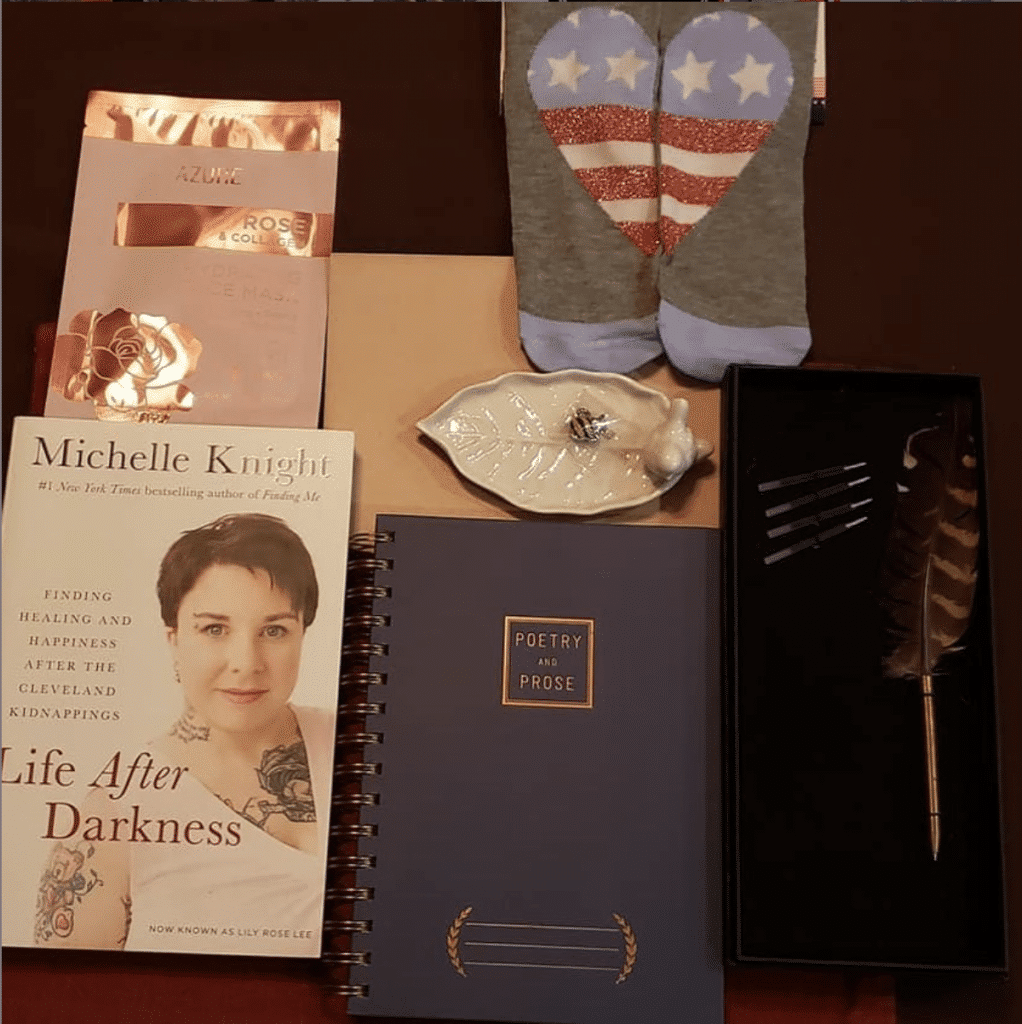The Weight They Carry: Military Caregivers and PTSD
June 17, 2025
We honor female military caregivers—our “Women of Valor”—by recognizing the unwavering sacrifices they make to care for Service Members, long after the uniform comes off.
According to the Department of Veterans Affairs, 29 percent of all Operations Iraqi Freedom (OIF) and Enduring Freedom (OEF) Veterans battled PTSD in the past year. This means tens of thousands of military caregivers are also fighting the battle alongside their loved ones.

It takes a village to ensure that a battle-scarred Veteran gets the care they need and deserve. Spouses, parents, children, family, and friends of these heroes all have to adjust and make sacrifices.
The weight of this responsibility can lead to burnout, isolation, and financial insecurity. Yet, despite these hardships, caregivers show up to the job daily and are often the backbone of military families.
In our effort to raise awareness for PTSD this month, we want to share the story of Chelsea and her husband, who has been diagnosed with Post-Traumatic Stress Disorder. (*Chelsea’s last name has been left out to protect her family’s confidentiality.)
Wedding Vows and the Aftermath of War
When Chelsea spoke her wedding vows to her husband more than 15 years ago, she meant them—through sickness and health. Unfortunately for Chelsea—and for thousands of women across the country serving as military caregivers for combat-wounded Veterans with PTSD—most days revolve around sickness, rather than health.
As an Army Veteran, Chelsea is no stranger to the risks Service Members take when they enlist. By signing on the proverbial dotted line, she knew all too well that she might be deployed to fight a war on foreign soil. Nevertheless, Chelsea was never deployed.

Her husband, on the other hand, completed four combat tours in Iraq/Afghanistan as a combat engineer attached to the 1st Marine Division. Chelsea’s husband, who is now medically retired, lives with a traumatic brain injury (TBI) and Post-Traumatic Stress Disorder (PTSD). Due to injuries he sustained during his time in service, he is unable to take care of himself.
Despite their shared dedication to military service, Neither Chelsea nor her husband could have prepared for the aftermath of war and what it would be like to live with PTSD.
The Impact of PTSD on the Family Unit

“PTSD doesn’t just negatively impact the Veteran who served, it affects the entire family,” Chelsea says. “It’s intense. I live in a constant state of stress and anxiety. I worry all the time if my husband is okay. Not only do I have to take care of him, I have to take care of the kids, the house, and work a full-time job. It’s exhausting.”
Chelsea isn’t complaining. Her husband was already injured when she met him, and she knew it would be a difficult road. However, she thinks it’s important for people to know that the war may be over, but its effects are long-lasting.
“The load is very heavy for both me and my husband in every way—physically, mentally, emotionally,” Chelsea says. “And, as time gets further away from wartime, people are forgetting the Veterans and caregivers, but we are getting more fatigued because we have been dealing with this longer.”
Not All Wounds Are Visible
Chelsea says there is a misconception about combat-wounded Veterans that permeates today’s post-war landscape. She says people think because a Veteran looks fine on the outside, they are fine.
“My husband is not fine,” she says. “Yes, it is true that he does not have visible wounds that you can see, but he struggles tremendously with everyday living. That’s the biggest thing about PTSD. It’s hard to get people to understand—they are not okay even if they look okay.”

Chelsea reports that living with PTSD is a daily struggle for her entire family. While he experiences the symptoms, she has to maintain emotional regulation for him and the entire household in order for them to navigate a given day. The kids have to make adjustments too.
“Sometimes, everything will go along fine for a little while, but then we will have some really bad lows,” she says. “It makes it impossible to plan because we never know what we are going to be dealing with.”
The Costs of Caregiving—Love Comes with a Price
While caregiving can be rewarding, it is not without its costs to the caregiver.
For example, Chelsea has had difficulties maintaining employment as many caregivers do. She says some employers along the way tried to be understanding of her situation and make allowances. However, she says, in the end, they just grew weary of her absences.
“There are medical appointments and sick days and things just happen. Employers just end up perceiving the situation as me making excuses to not show up to work,” Chelsea says, adding that she now works remotely for a super understanding boss. “She knows my situation and works with me. Thankfully, I’m able to get to my appointments, and I’m truly grateful. But, I do worry that will change since I am always behind on everything.”

Furthermore, when asked what she does to take care of herself or what she likes to do for fun, Chelsea chuckled.
“Self-care is a joke. I just don’t have time to take care of myself,” she said.
Chelsea says that sometimes she is able to get away for an afternoon and do something for herself and she cherishes those days. Overall, though, she doesn’t have a social life.
“The days where I can go off on my own and just do me are far and few between,” she says.
Remaining Steadfast in the Darkest of Times
Chelsea, like so many other Women of Valor, says that even through the darkest of times, she is dedicated to taking care of her husband and committed to her marriage.

“It’s a personal choice because of my beliefs,” she says. “A lot of caregivers leave because they have reached their breaking point. I totally understand that, but I am here to stay as long as the parameters I have set for myself are not crossed.”
Cheslea acknowledges that caregiving is an inconvenience, but says her frustration is never with her husband. She recognizes that PTSD is a medical condition.
“My frustration is with his condition, but that is not his fault,” she says. “I wouldn’t leave him if he had cancer. At the end of the day, he has a medical condition, and I am his wife, and I want to take care of him. However, I always tell other caregivers that any type of domestic or verbal abuse should not be tolerated. It is very important to seek help if this happens.”
To military caregivers, Chelsea sends hope and encouragement, “You are not alone. Many other families are going through this. Reach out when you’re ready to get support.”
Recognizing Women of Valor Today and Every Day
By getting vulnerable and sharing openly, Chelsea has demonstrated that taking care of a Veteran who has PTSD is no small feat. It is often a round-the-clock responsibility from which there are no holidays.
At Soldiers’ Angels, we believe caregivers deserve the same appreciation and support as the Veterans they care for. For this reason, and so many others, we created our Women of Valor program.

sent from a virtual volunteer to a Woman of Valor
Military caregivers who sign up for our Women of Valor program receive telehealth services provided by MDLIVE at no cost to them. They also receive virtual support through cards and letters, a monthly blessing box, ongoing support from us, and connection with other caregivers.
Would you like to support Women of Valor? Become a virtual volunteer.
To all the Veterans and military caregivers who are battling PTSD this month and every month—we see you, we support you, and we are grateful for your service.
About the Author

Bethany Heinesh is a proud Marine Corps Veteran living in San Antonio, Texas. Bethany holds a Master of Arts in Administration-Communication Arts from the University of the Incarnate Word and a B.A. in Public Relations (Minor Religious Studies) from the University of Houston.


